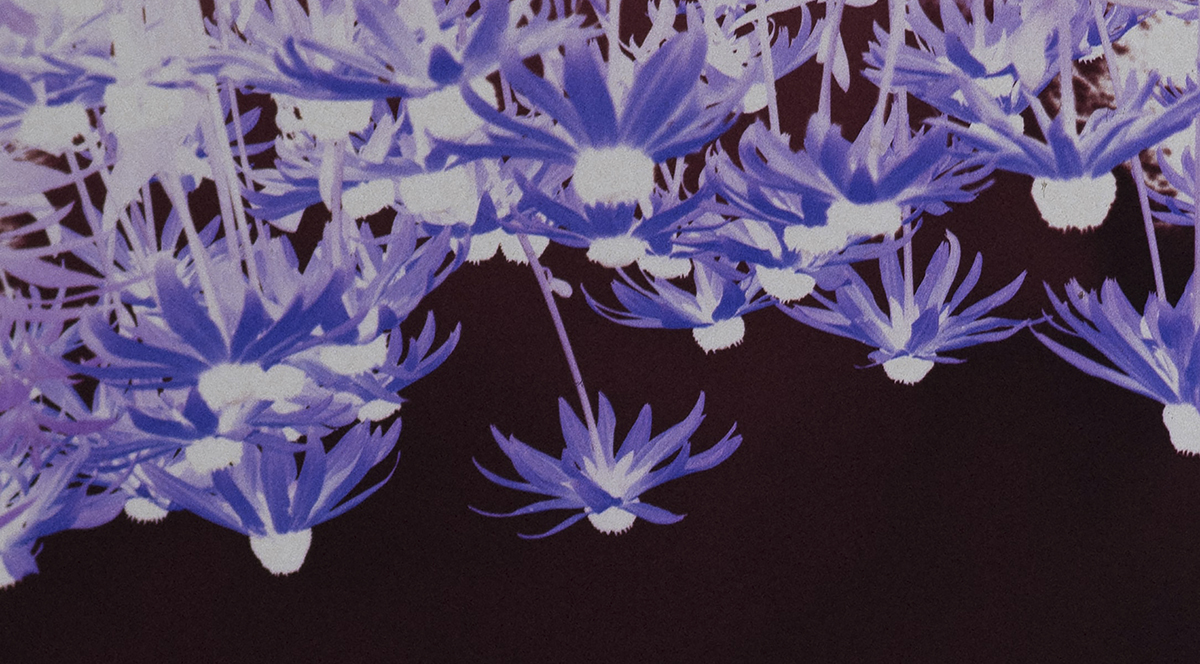Before coming to Finland, I had been expecting to find happiness here. From Beijing, China, I packed my dream for learning, curiosity for a good society, and the hard-gained residence permit, looking forward to starting my masters in the University of Oulu.
Happiness came true very soon after I arrived here. I got to meet and study with an international group of students, listening to different languages, experiences, and perspectives. I went to the river sauna bathing in the last summer light and with spirited friends. I joined friendly and welcoming food gatherings and nature excursions accompanied by classmates, together grilling sausages and drinking glögi.
I lived in very affordable student housing and eat cheaply on campus with friends. I had informative, well-structured classes and many study assignments that were to help me learn. I even had a Finnish family who treated me even better than my own parents. (This is through the Kummi family program.)
All of my basic needs are met. I have a community where I belong, get to study topics I like. Literally the best time of my life. In the past, I never knew what would make me happy. In the past years it was always hard work and struggle that guaranteed my survival and growth.
But life never truly gives you just what you expected.
Even when happiness surrounds you so much. The other side of happiness, agony clings to you.
It is the everyday experiences, shaped by the various social, economic, and institutional structures, through which we observe, understand, feel, and think, which also slowly lead to the development of more complex, nuanced, and even paradoxical ideas and sentiments. This is the case for my happiness experience which developed into other perceptions and feelings after some time.
I tried to talk about these things and make sense of them with my foreign friends, but soon people would get tired of listening to my negativity and tell me to be positive and appreciate the system here, which is better than where we come from.
I started to feel confined by studying with the same small group of people for 6–8 hours each day. The river sauna stopped as the cold dark winter came. Though there is an indoor sauna, I never had the time to go. I found the classes to be too packed that I had no time or space to breathe or think. The stable, warm, affordable meals and homes are comfortable and readily accessible, but they put my life skills at no use.
There are city and social events, but I neither have money nor time to participate. I tried to talk about these things and make sense of them with my foreign friends, but soon people would get tired of listening to my negativity and tell me to be positive and appreciate the system here, which is better than where we come from.
We are expecting a good experience in Finland, and people who live here know and believe that they are in paradise, compared to the other parts of the world. The newcomers and the locals believe in the same story of happiness. They run after happiness, interpret their life through the happy story, and find evidence for this conviction, even though sometimes the reality may lead to feeling otherwise: confined, sad, frustrated.
Then they would need to self-correct the negative feelings, or be reminded of the happy story to feel happy again. It seems as if in the discourse of happiness in Finland, unhappiness is seen as an unreal experience, especially for people coming from the “less developed”, “less democratic”, “non-welfare” countries. I felt as though it is a taboo to talk about or to be unhappy.
Increasingly, my change of perception made me feel agonized and confused.
Is it just because of me and my own problem? Is there nothing wrong with the environment that I am in? My eyes are open every day, wanting to see through the appearance of things. I see the people who want to stay happy, the ignoring or ignorance of problems, and the causes of my agony and painfulness: There is a fundamental lack of freedom in a comfortable, materially wealthy and orderly university environment. There is hidden inequality between the foreigners and the Finnish people.
Why so? As students, we enter a “contract” with the university to go through a sophisticated, planned training process. Students want to get something for their personal goals. The university gets financial rewards for producing people with prescribed qualification standards by the state and corporations. Any activities that transgress or go beyond planned training processes are not encouraged by the university institution. We students are no in a position to define and decide existentially what to do for ourselves, or how to interact with the university institution.
We students are no in a position to define and decide how to interact with the university institution.
As foreigners, and especially non-EU foreigners, we have gone through strict screening process to prove we have good quality, innocent intentions, and financial capacity, and with luck, we enter the country. Many of us are financially depleted after going through all the immigration process and paying for tuition fees. For survival, either we have to find work in a competitive, depreciative, manual labor market, or live with a minimum budget that supports only food, accommodation, transportation and nothing more.
Taking these reflections and analysis into consideration, could it be the happiness is a facade or illusion of reality? The reality differs from the single story of Finnish happiness. Not only there are unhappiness and unequal treatment, there are also exclusion and ‘unfreedom’. Behind the ‘unfreedom’ and inequality are significant structural issues. And those issues are so obscure and hidden, we almost don’t see them or we ignore them. I can’t help but wonder: Who possesses the right to happiness and dominates to discourse? What have we come to since we cannot talk about unhappiness? And even less so to talk about the social realities that often underlie this unhappiness.
To solve the issue, the first step is to break the taboo. The second step is something much bigger.


